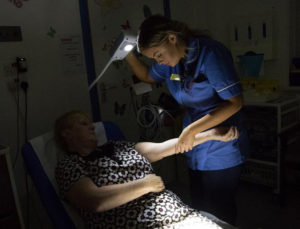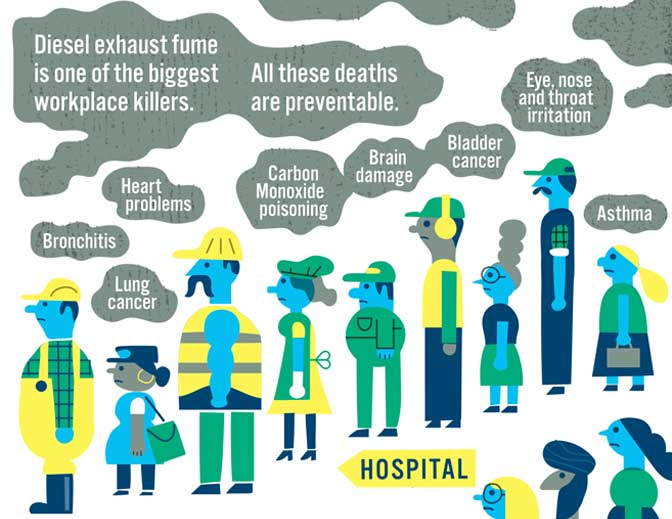A lobby group promoting asbestos sales in developing nations and listed in Quebec as a public interest ‘non-profit’ should be deregistered by the provincial government, health campaigners have said.
In a letter to Quebec Premier François Legault, Kathleen Ruff of RightOnCanada and Dr Jean Zigby, past president of the Canadian Association of Physicians for the Environment, call for the International Chrysotile Association (ICA) to be stripped of its non-profit status under the Quebec Companies Act.
The Quebec government states that non-profit organisations incorporated in the province must undertake moral or altruistic activities. Ruff and Zigby say legal precedents have established the courts have the authority to remove ICA’s non-profit status because of its ‘immoral, deadly activities’.
The August 2020 findings of a Quebec government commissioned independent commission into chrysotile asbestos “rejected the misinformation disseminated by the ICA and called on the Quebec government to take action to protect the people of Quebec from asbestos,” Ruff and Zigby say.
Calling for ICA to be denied non-profit status, they note: “For the past 23 years the ICA, operating out of Quebec, has played a leading role in obstructing bans on asbestos in developing countries and in sabotaging protections against asbestos harm under the UN Rotterdam Convention.
“At the moment Quebec is employing a double standard and is treating the lives of people overseas as having less value than the people of Quebec. This is bringing dishonour on Quebec and is against the public interest.”
RightOnCanada blog and 21 September letter to the Quebec Premier.



